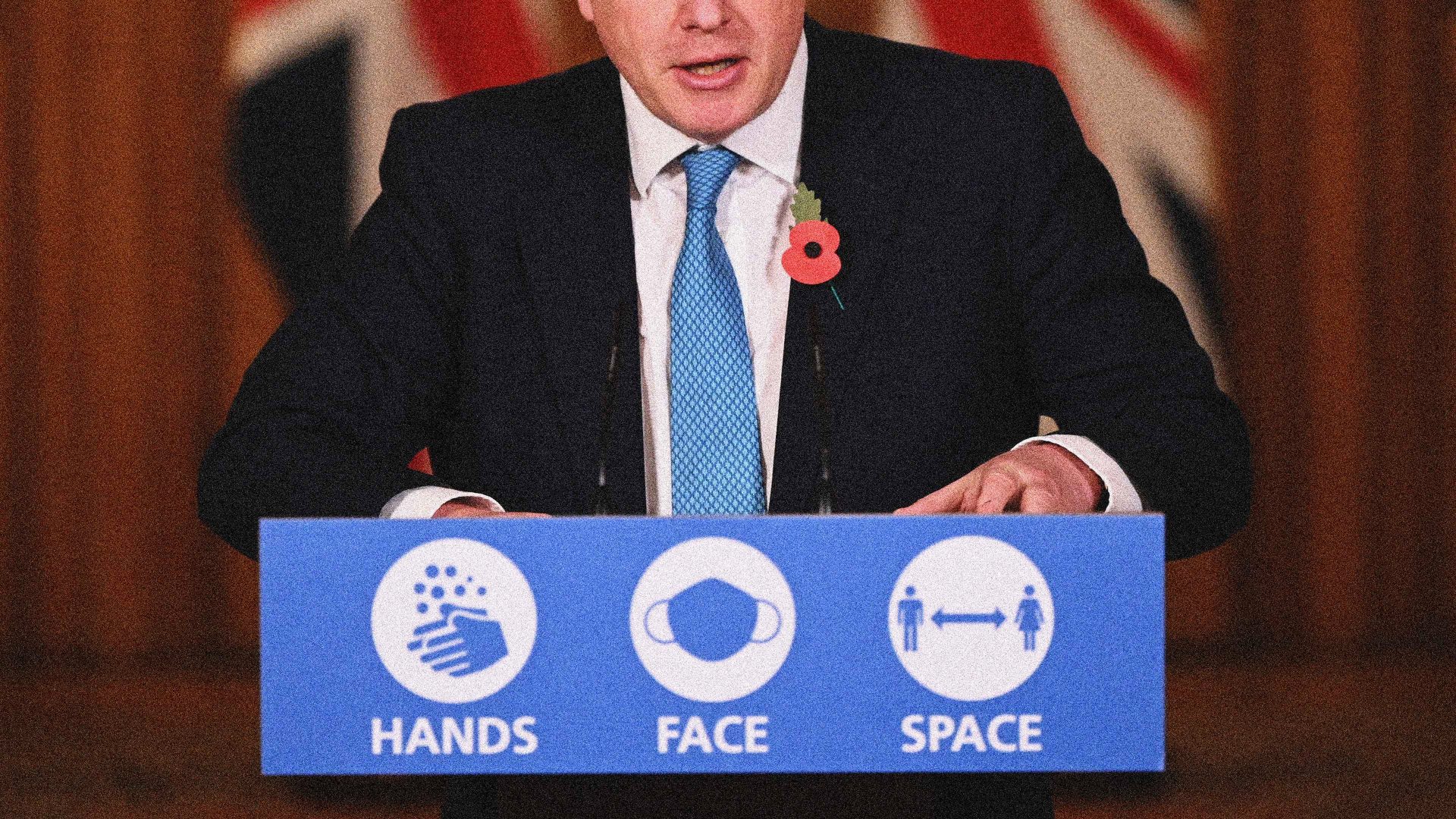Among the nomadic populations of the Zagros Mountains of Iran, the Gabbeh is a sleeping rug, much thicker and coarser than other Persian carpets and crafted by women. It is also so much more than that: it is, in effect, their journal.
“There’s this nomadic tribe that travels, even today,” says the Persian artist and DJ Nava Golchini from her home in Milan. “They basically travel from the eastern part to the southern part and they are weavers. The women of the tribe are weavers of this specific kind of Persian carpet that’s called the Gabbeh and on these Gabbehs, they weave their memories.
“It’s like their journal, let’s say, and they kind of use it as their own diary. And as they travel through all these different locations, they’re weaving and just describing what they’re seeing and how they’re feeling, and every symbol has a significance to it.”
Gabbeh is also the name of Nava’s debut album, one of the most exciting and powerful of the year. Virtually indescribable – her label describes it as “glitched-out hyperpop” and Nava herself as “a big bowl of everything” – the electronic artist who performs as NAVA weaves together Persian cultural references with the ache of distance. As someone who left Iran at 17 to pursue a life in Europe, how do you clutch on to your identity when you’ve been away longer than you were ever at home?
“Maybe the longer I’m away from Iran and I haven’t been back, the more I’ve been having this yearning and all these feelings and all these thoughts about it,” she says as we talk via Zoom. “So I think it’s even stronger now as time goes by. It’s very strange to me to think that I have been living in Italy for longer now than the whole time that I’ve been brought up and grown up in Iran. I still cannot really fathom how that is so possible.”
The album is in English, Italian and Farsi, the third of which Nava says her lack of mastery of is something troubling her as she tries to retain her Persian identity amid an adult life spent entirely in Europe.
“I started having all these little fears of, am I forgetting my language?,” she says. “Am I having some blanks in my mind of how to write anymore? Or, like specific people, so many of my family members I haven’t seen in years. Like, just, you know how you see photos, and these people don’t look the same as you remember them when you were younger? It’s weird to see the effects of time on everybody, on yourself, and literally living it.”
One of the themes of Gabbeh is the Women, Life, Freedom (WLF) movement, the protest movement launched in September 2022 after the death of Mahsa Amini, a young Iranian woman who was arrested by the morality police for not wearing her hijab properly. One track, Fire, a collaboration with the British producer Loraine James, incorporates real audio from the WLF protests.
Suggested Reading

When punk took on the National Front
“I was far away, but I was following all of them, all the protests, because a lot of my friends live there,” says Nava. “Every day you’re like, glued to your phone and just living this parasocial experience that just you see, because then the first thing that gets cut off [in Iran] is the internet. You’re cut off completely from that world and you don’t know what’s going on.
“So it’s been a form of therapy for me, writing this album and just living it and seeing how maybe other Persians or other people have been living the same thing. And it’s been quite a journey putting it out there.
“It’s also a mix of guilt as well, because I feel like I have it so privileged here, just living my life dressed as I want, doing music, just, you know, already having the opportunity to study abroad. I’ve always been very, very vocal and very visibly kind of rebellious as well, because I remember, like with my imagery, it’s very, very flashy, because I always wanted my Persian audience to see an image of an artist, an Iranian, a Persian artist, that they usually don’t see.
“But, you know, having that kind of a role model for younger girls to see how you can dress as you want, you can do as you like. You can maybe experiment things and try things, and it’s not a taboo and it’s not like something you cannot do and it’s illegal and things like that.”
That role model, she says, is for the Persian diaspora audience in Europe, Asia – where she has a large following – and beyond, but also for those in Iran who can still engage with her work despite official blocks.
“In Iran we have this huge underground scene,” she says. “So there’s especially a huge underground rap scene as well where women are very vibrant in it right now. Yes, [the] internet is censored, but everybody has a loophole to access it and, like, concerts for women are maybe illegal, but everybody goes to underground concerts in secret locations. It’s kind of like this chase and this high, but I feel like it’s very, very much alive and very much present and very much accessible if you know where to look.”
She moved to Europe because “basically I knew that I wanted to do something in the arts, and that is very difficult to do in Iran, especially as a woman, and the censorship is 100% plus another 100% so to really be able to express yourself as an artist, an actress, a musician, it would have been a huge struggle”.
I wonder if Nava foresees the day she might return to an Iran in which she would be free to perform as NAVA, the flamboyant, self-styled “flashy” Persian artist. She refers me to acts such as Parastoo Ahmadi, arrested last year after performing a YouTube concert without wearing a hijab.
“That was an insane impact… of course, she was arrested 24 hours later, but also like that as a form of rebellion, as like the symbolic significance that it has, it’s just so insane to me, the bravery of these women living in the country,” she says. “So yeah, absolutely, that would be an absolute dream of mine.”
Gabbeh is released on November 15 via Italian label Oyez!




